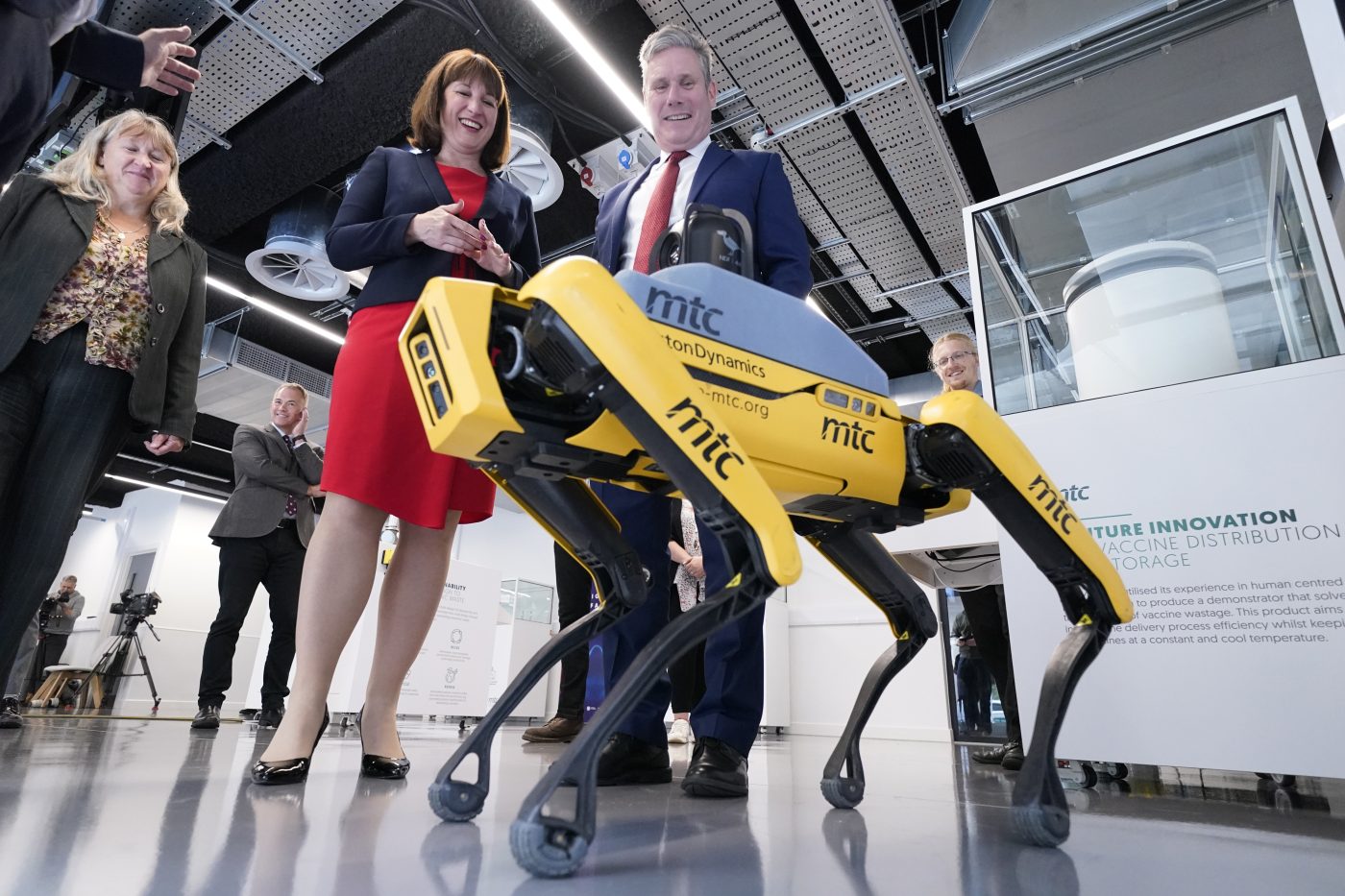
The Quantum Leap: Europe’s Quest for Technological Supremacy
The year 2025 has been declared the “Quantum Year” by the United Nations, marking a century since the establishment of quantum theory. The second quantum revolution promises to deliver advanced technologies like quantum computers, and many are asking: Can Europe seize this opportunity?
 Transforming the world of quantum technology
Transforming the world of quantum technology
Welcome to a dazzling new realm of quantum technology, where chips are compared to speed monuments, communication networks are impenetrable, and quantum sensors open doors to applications previously viewed only in science fiction. While it remains a vision of the future, that reality is fast approaching. Leading figures within the EU, like Tommaso Calarco from Forschungszentrum Jülich, argue that despite the predominant presence of well-funded players like IBM and Google in the U.S., opportunities prevail for European technologies which received backing in the form of a billion euros for the research and development of quantum technologies.
Analyzing the Challenges of Quantum Computing
The road to usable quantum computing is fraught with challenges. Nvidia’s Jensen Huang posits a timeline of 10 to 20 years before we witness a functional universal quantum computer. A stark reminder that while progress is evident, the end goal is still distant. Yet, as Calarco suggests, we are tantalizingly close to overcoming fundamental challenges, especially in error correction, a pivotal hurdle for scalability.
Calarco points out that the solutions feel imminent, stating,
“The breakthrough for error correction in quantum computing, a significant step towards scalability, is no longer an insurmountable roadblock.” However, scaling from dozens to millions of qubits presents a non-trivial task ahead.
Funding the Future of Quantum Technology
The private sector’s role in this expansion is critical. European capital exists, but there is a hesitance to invest in high-risk quantum technologies, a situation that must change. Increased knowledge in due diligence is essential for investors to comprehend these complex technologies. Without sufficient investment, the critical scaling-phase to develop effective quantum systems will lag, potentially relegating Europe to a tertiary role in the technological landscape.
Tracking Progress in the Quantum Flagship Project
The EU’s Quantum Flagship initiative has made notable strides since its inception, exceeding initial ambitions for developing quantum computers in Europe. Currently, the project supports several startups and has established seven supercomputing centers, known as “quantum sisters,” dedicated to implementing quantum computers over the next few years. This development underscores that Europe is not too late; rather, a fierce competition has only just begun.
 Mini-nuclear power plants are on their way
Mini-nuclear power plants are on their way
To maintain this competitive edge, substantial investments will be necessary not only in increasing the number of qubits produced but also in hiring skilled personnel to realize these endeavors.
The AI Revolution in Gaming
Simultaneously, the world of online gaming is undergoing its revolution. Artificial Intelligence is becoming a formidable player in 3D modeling, as demonstrated by Chinese models like GameGen-X and GameNGen, which can create entire, playable gaming environments. Despite the advancements, these systems are not yet in a position to completely replace human developers. However, generative AI is undoubtedly reshaping how games are coded and 3D assets are created.
The Role of Nuclear Power in Data Centers
In an entirely different sector, energy-intensive data centers are on the cusp of a transformation with nuclear energy. Bill Gates’ startup, Terrapower, has partnered with Sabey Data Centers to use compact nuclear reactors to meet the immense power demands of AI-driven services. With these sodium-cooled nuclear reactors coming into play, data centers can operate more sustainably while handling escalating energy requirements. The reactors promise efficiency in managing power loads and reducing construction efforts due to reduced safety needs.
Conclusion: Embracing Transformation
The convergence of quantum computing, energy-efficient technologies, and AI is steering us toward an unprecedented technological transformation. For Europe, the journey is just beginning, but with the right investments, commitment, and strategic frameworks in place, the potential to lead in the quantum revolution and beyond is more promising than ever.
 Generative AI reshaping gaming landscapes
Generative AI reshaping gaming landscapes
As we look ahead, embracing these changes is crucial for not just survival but for thriving in this new landscape defined by advanced technologies and innovative energy solutions.














